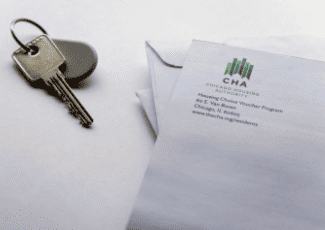Landlords File Lawsuit Challenging Legality of San Francisco’s Empty Homes Tax

The lawsuit was filed by the San Francisco Apartment Association, the Small Property Owners of San Francisco Institute, the San Francisco Association of Realtors, and four individual landlords. The lawsuit argues that the Tax is intended to force property owners to rent their vacant units by imposing burdensome charges, and thereby the Tax violates the Takings Clause of the Fifth Amendment of the U.S. Constitution and the state Ellis Act by penalizing owners for exercising their rights under those provisions.
The lawsuit also argues that the Tax threatens the constitutionally protected privacy interests of due process and equal protection by, among other things, exempting units that are rented to strangers but not units that are rented to close family members. The Empty Homes Tax Ordinance provides that the Tax applies when a unit is vacant (unoccupied, uninhabited, or unused) for more than 182 days in a tax year, and none of the exemptions enumerated within the Empty Homes Tax Ordinance apply. One exemption is where the unit is subject to a bona fide lease with a third party. This so-called “Lease Period” exemption does not apply to a lease with a close family member. In other words, a unit is considered vacant and is subject to the Tax if a close family member leases the unit but does not occupy or use the unit for more than 182 days in a tax year, whereas if the unit is leased to a bona fide third party, that third party need not occupy or use the unit at all for the owner to avoid the Tax.
We will monitor the lawsuit and continue to provide further updates when they are available.
Source: JD Supra















 Accessibility
Accessibility